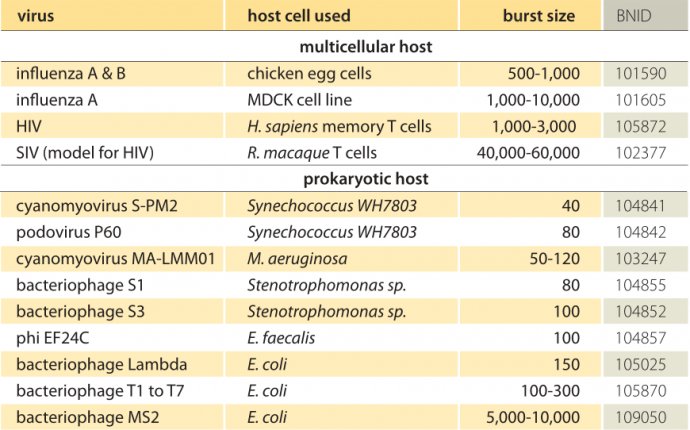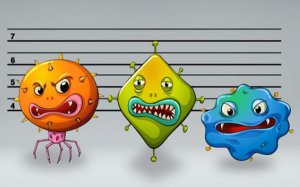
Which is smaller Bacteria or virus?
 (Smithsonian.com)
(Smithsonian.com)
What's the difference between bacteria and viruses?
You asked us, what's the difference between bacteria and viruses?
You see, bacteria are microscopic. They live just about everywhere, including extreme environments like hot springs and radioactive waste.
Now, you can wag a finger at bacteria for things like ear infections and strep throat. But most types aren't harmful.
In fact, some are pretty useful, like the ones that live in our guts and help us digest our food.
Viruses, though, are about 100 times smaller than the average bacteria. And there are probably millions of different kinds out there, many of which are beneficial.
But it's no surprise they get a bad rap when you hear how they do business. A virus is basically a parasitic sack of genes. The genes invade the cells of a living host and force them to create more viruses.
 Now, tack on the fact that they're responsible for not just the common cold, but also Ebola and AIDS. It's even easier to see why viruses don't have many fans.
Now, tack on the fact that they're responsible for not just the common cold, but also Ebola and AIDS. It's even easier to see why viruses don't have many fans.
One of the biggest differences between viruses and bacteria has to do with antibiotics. Antibiotics do not work on viruses.
But that and the rise of antibiotic resistant strains of bacteria is a story for another day. In the meantime, share our video not pathogens and go wash your hands.
For more infectious stories like this, check us out every day at smithsonian.com.
Critical thinking challenge:



